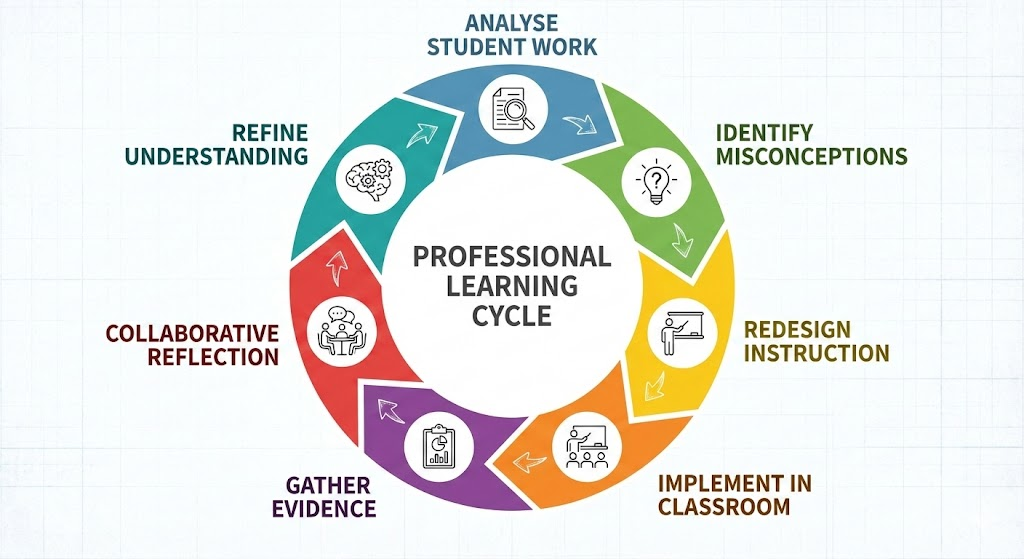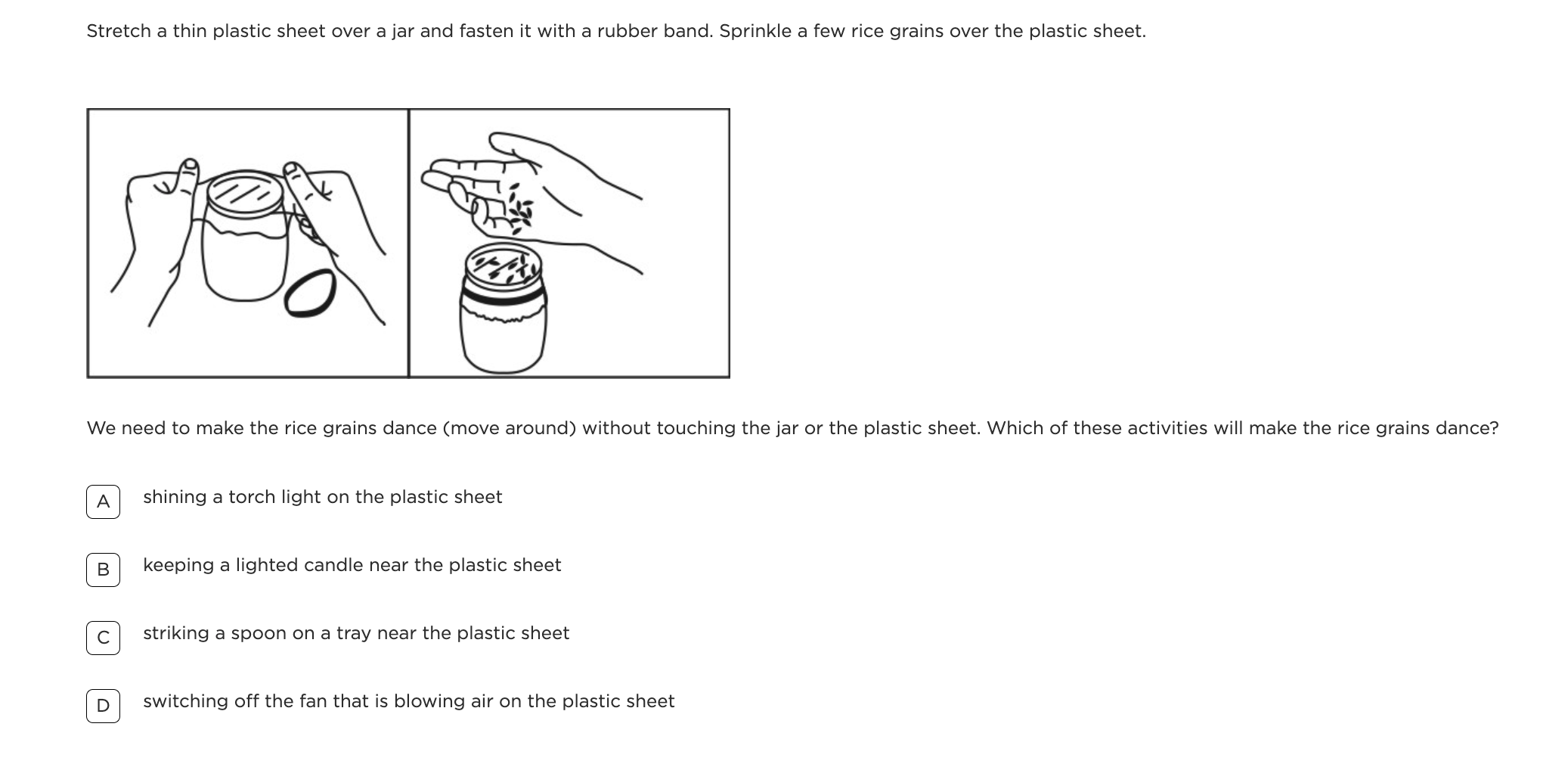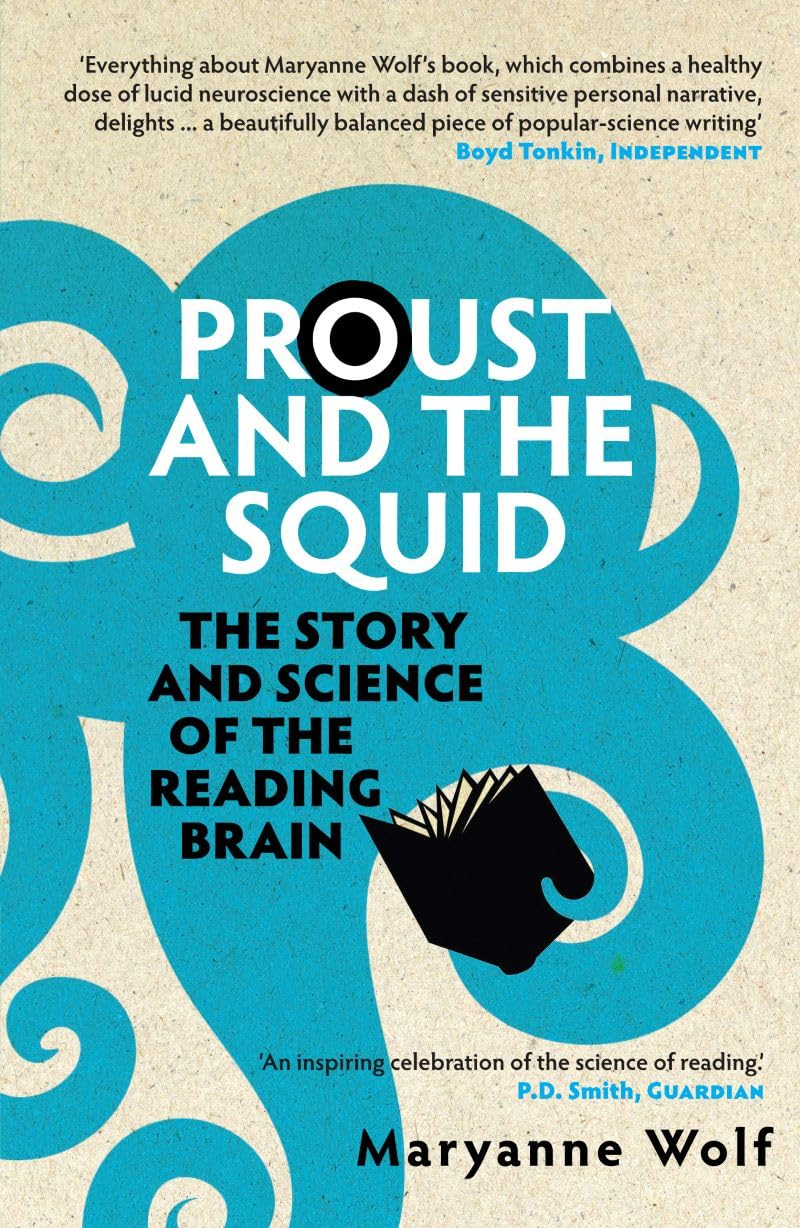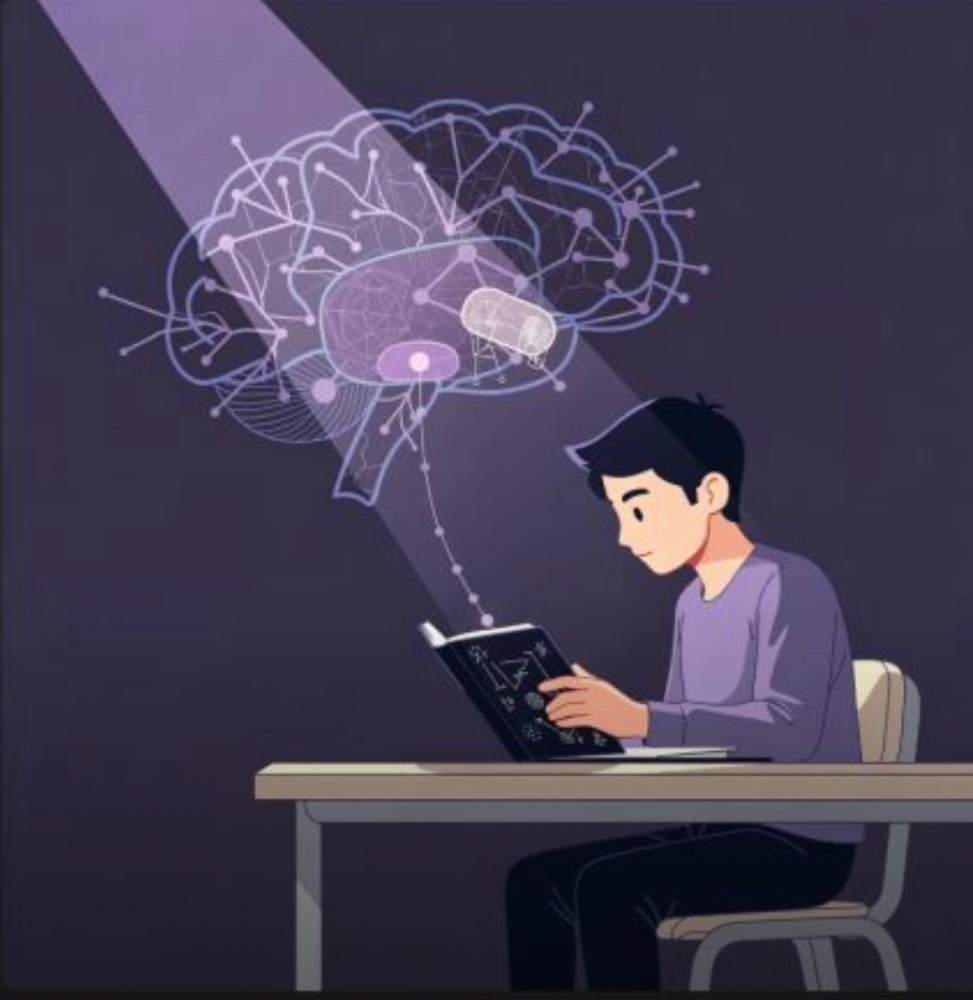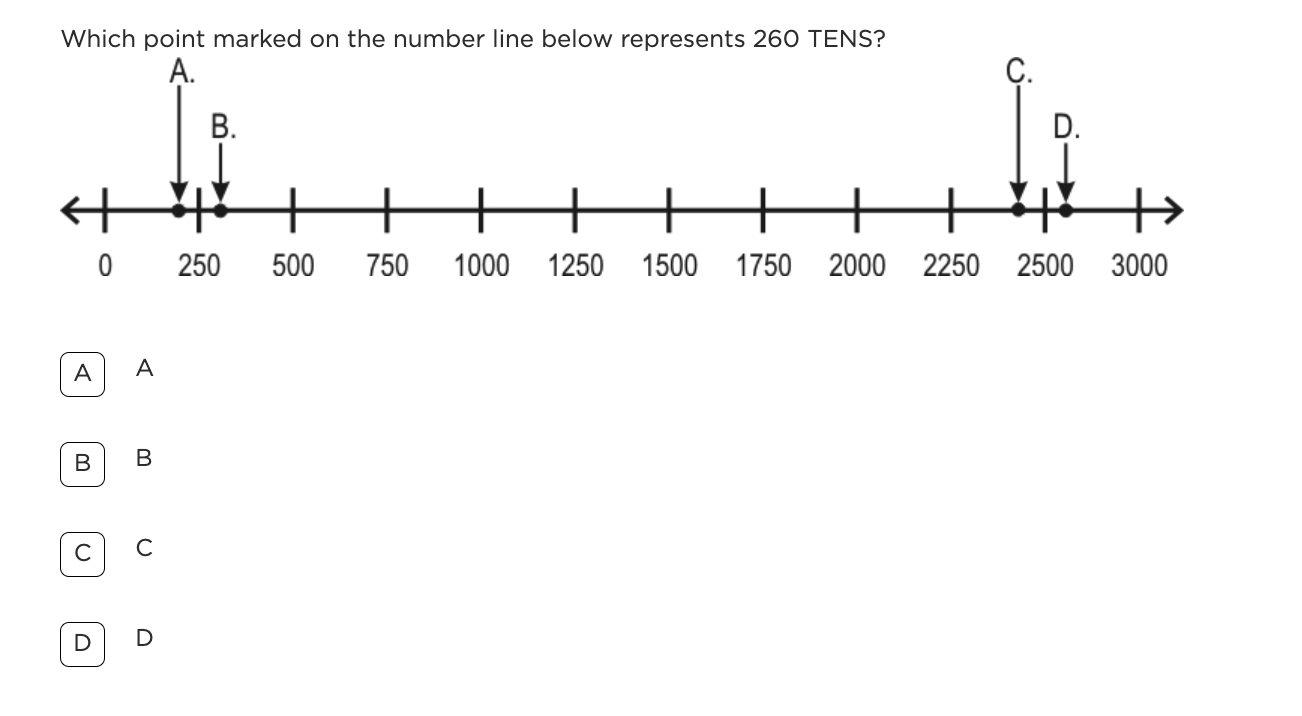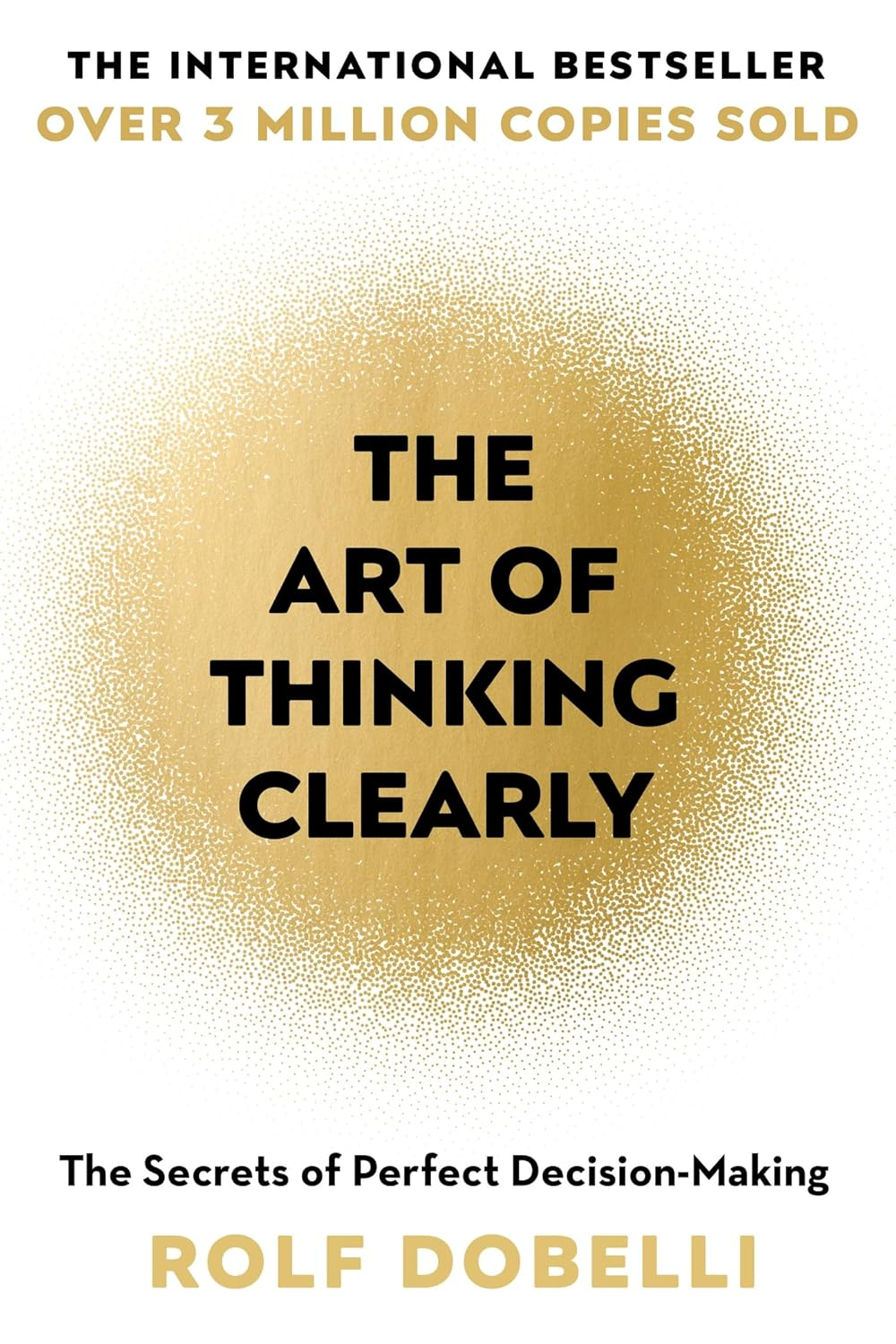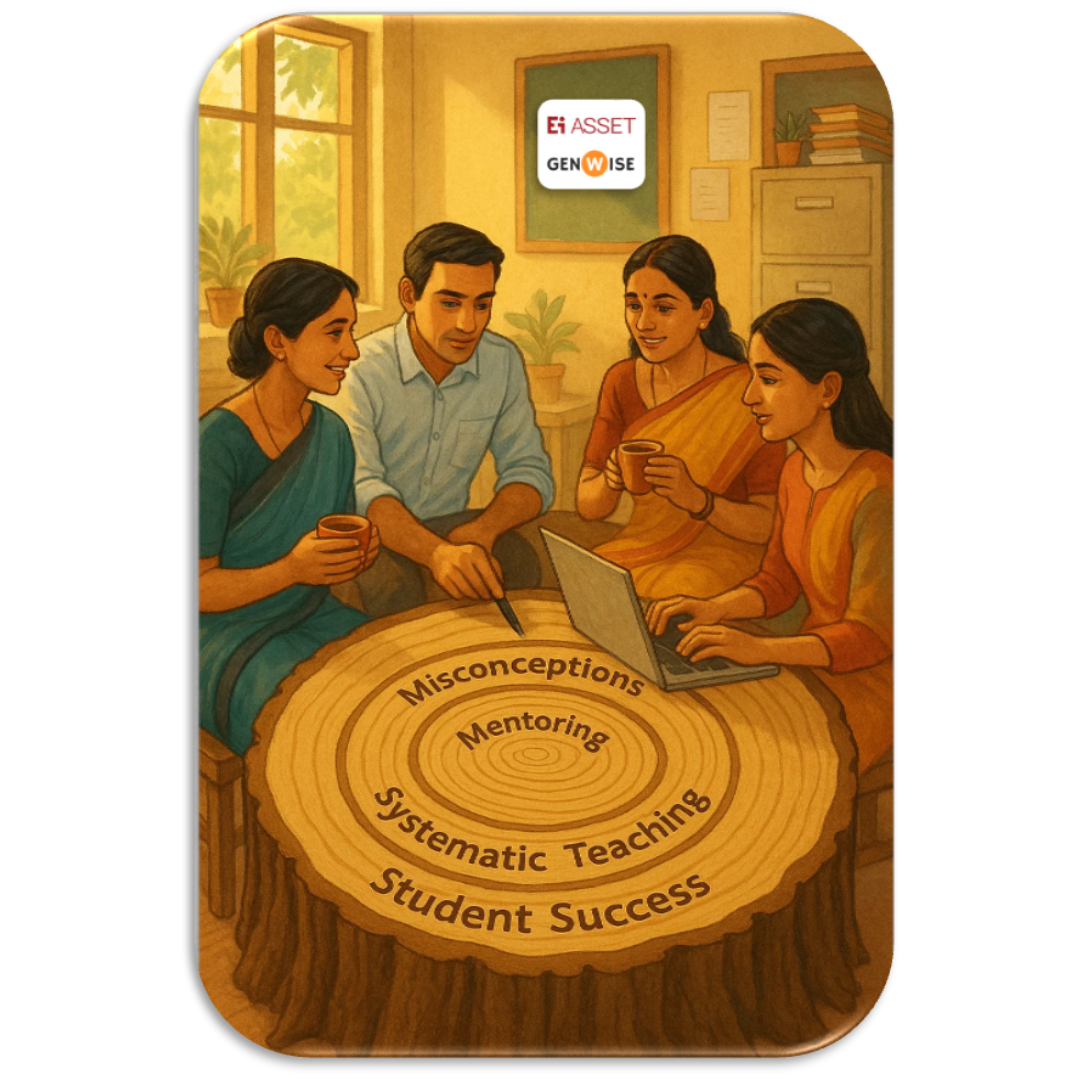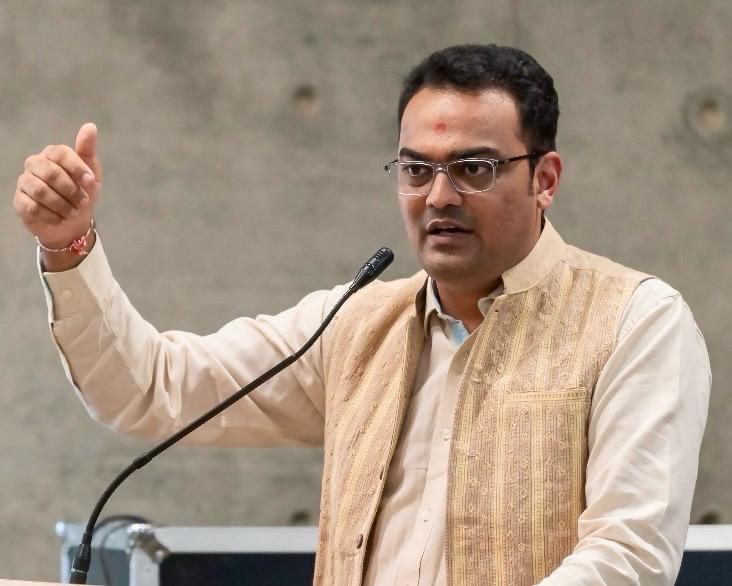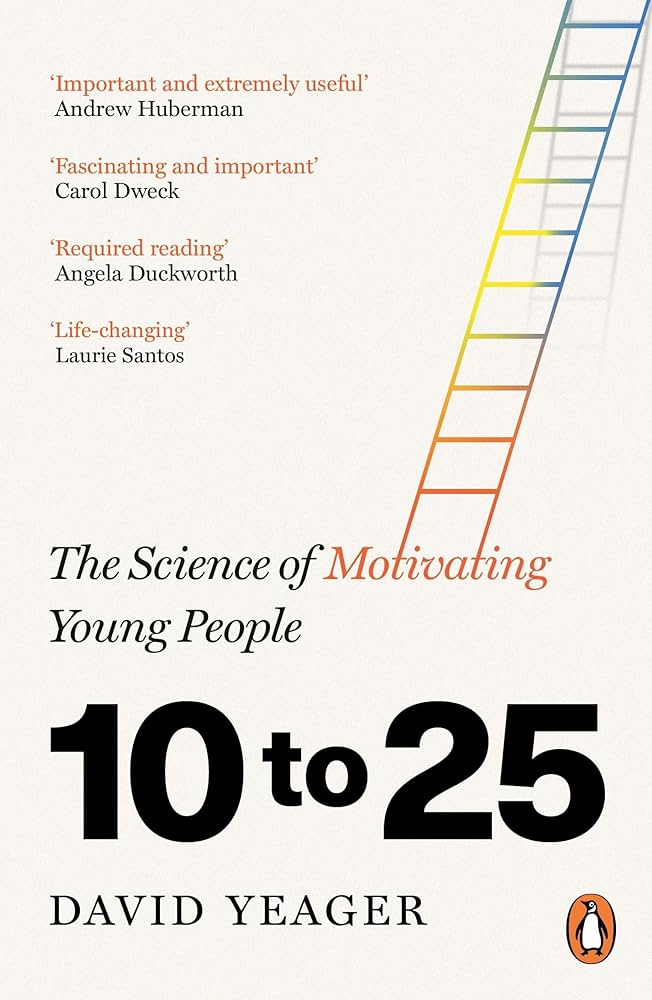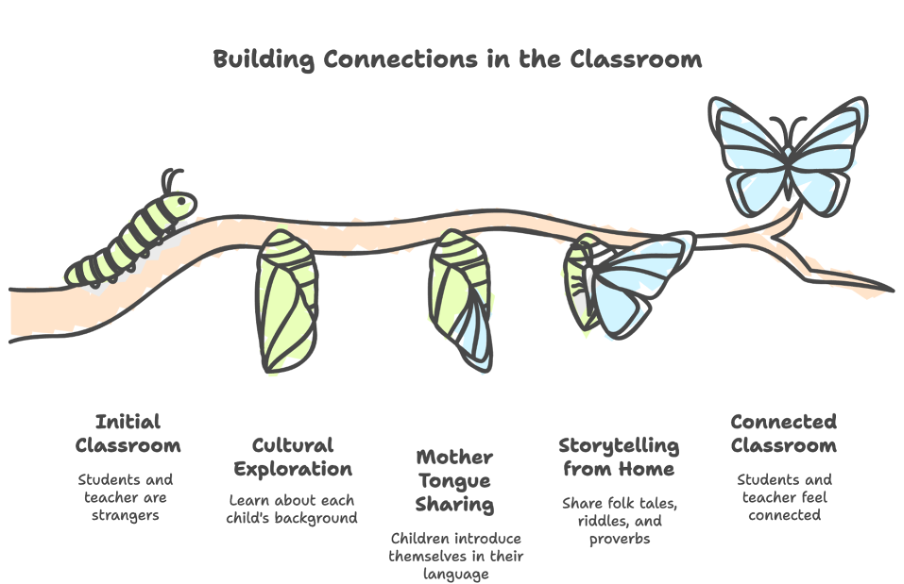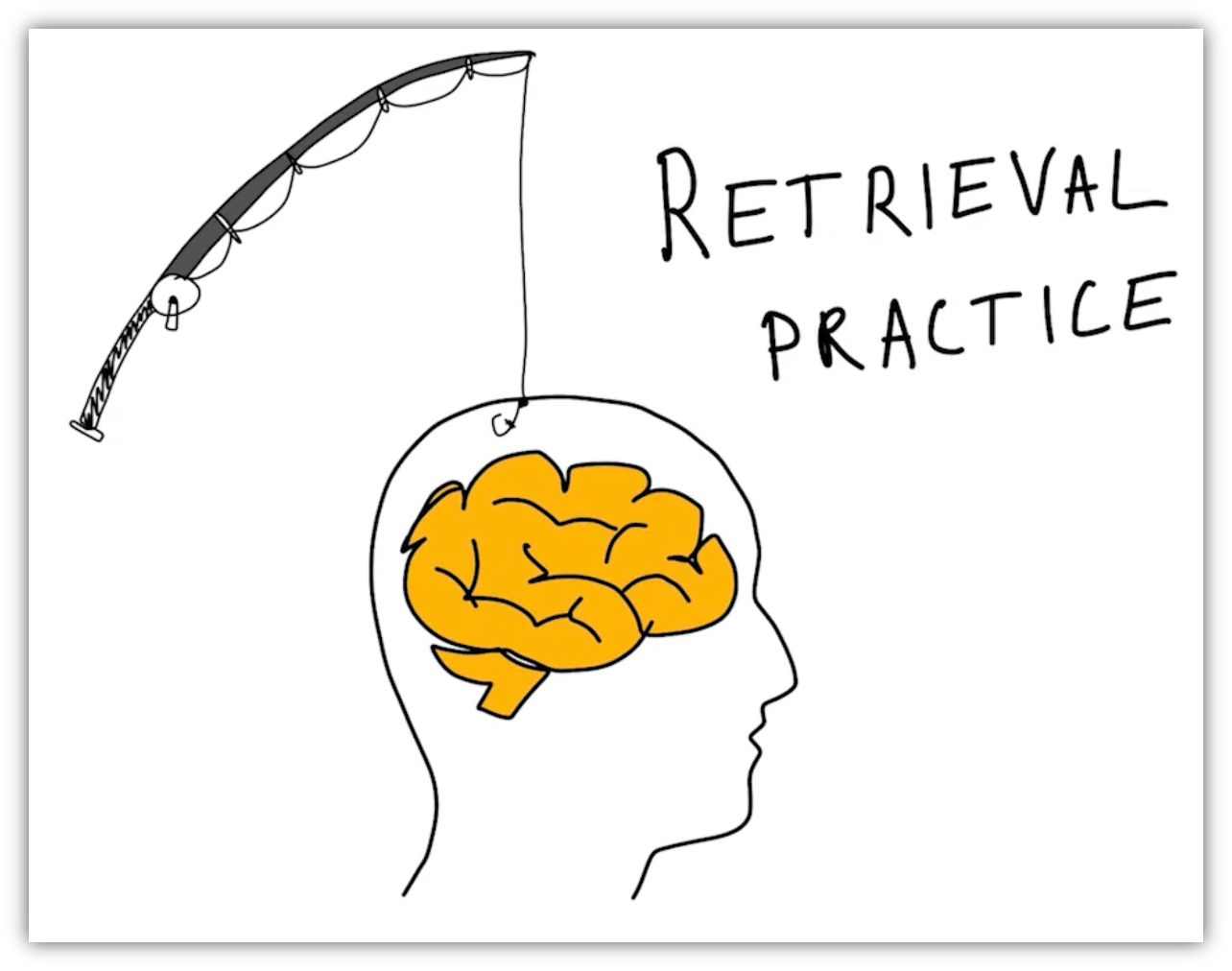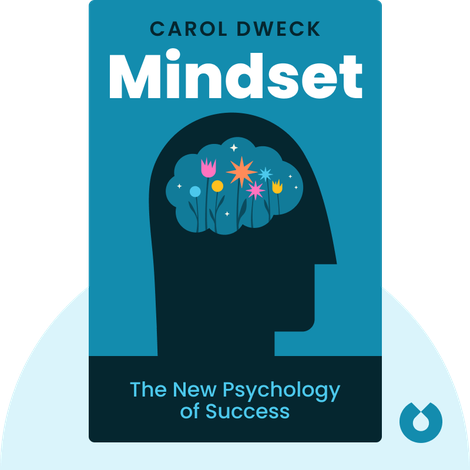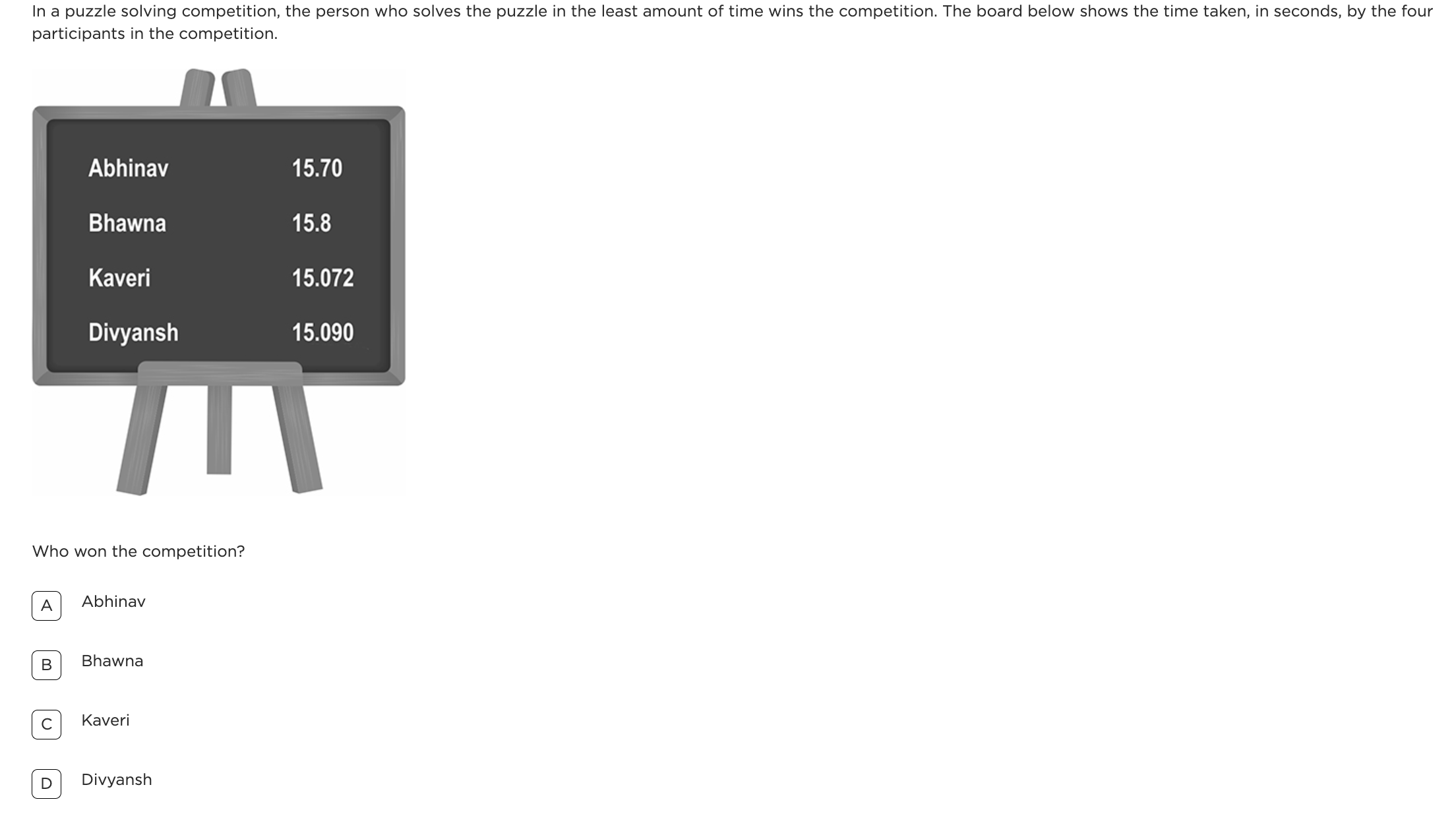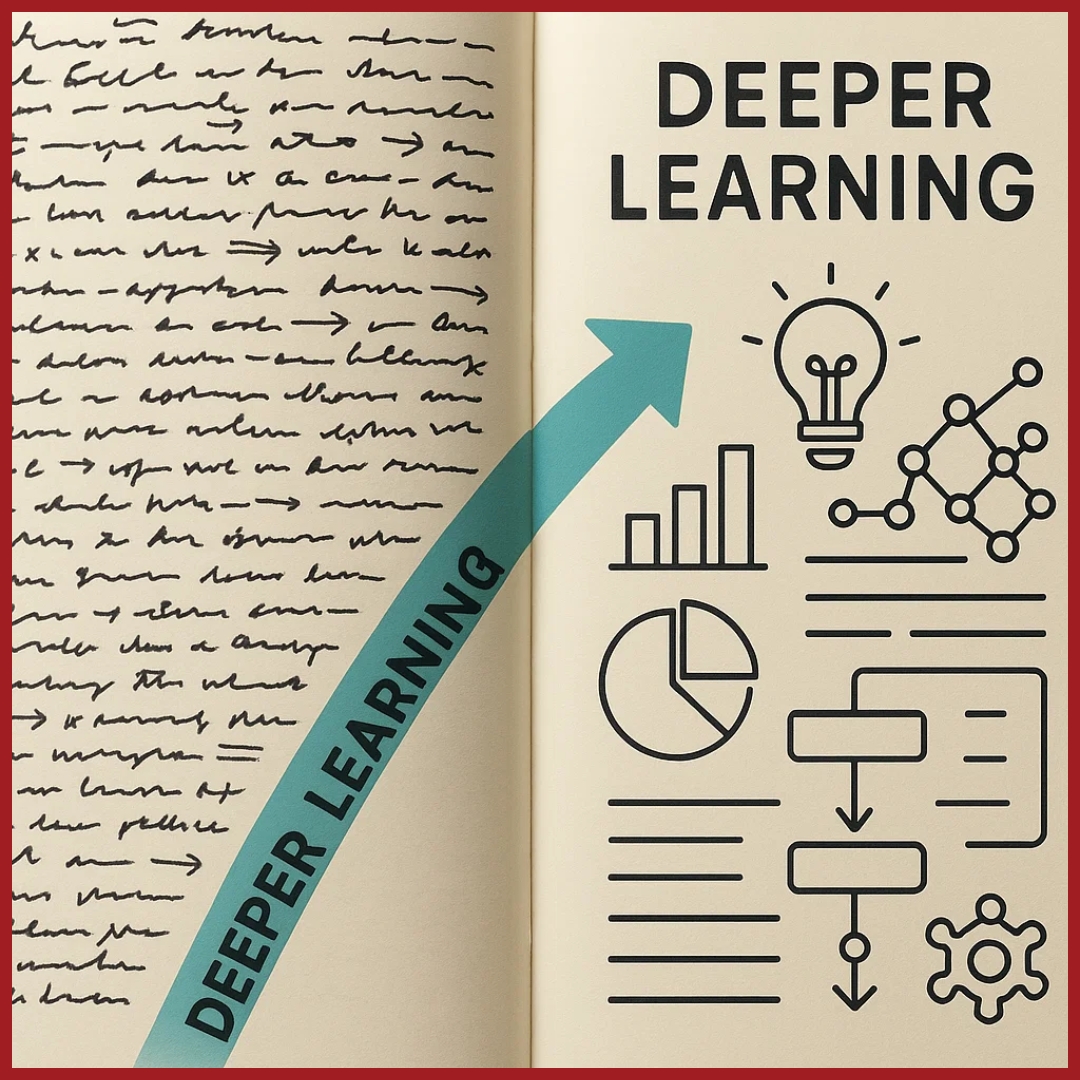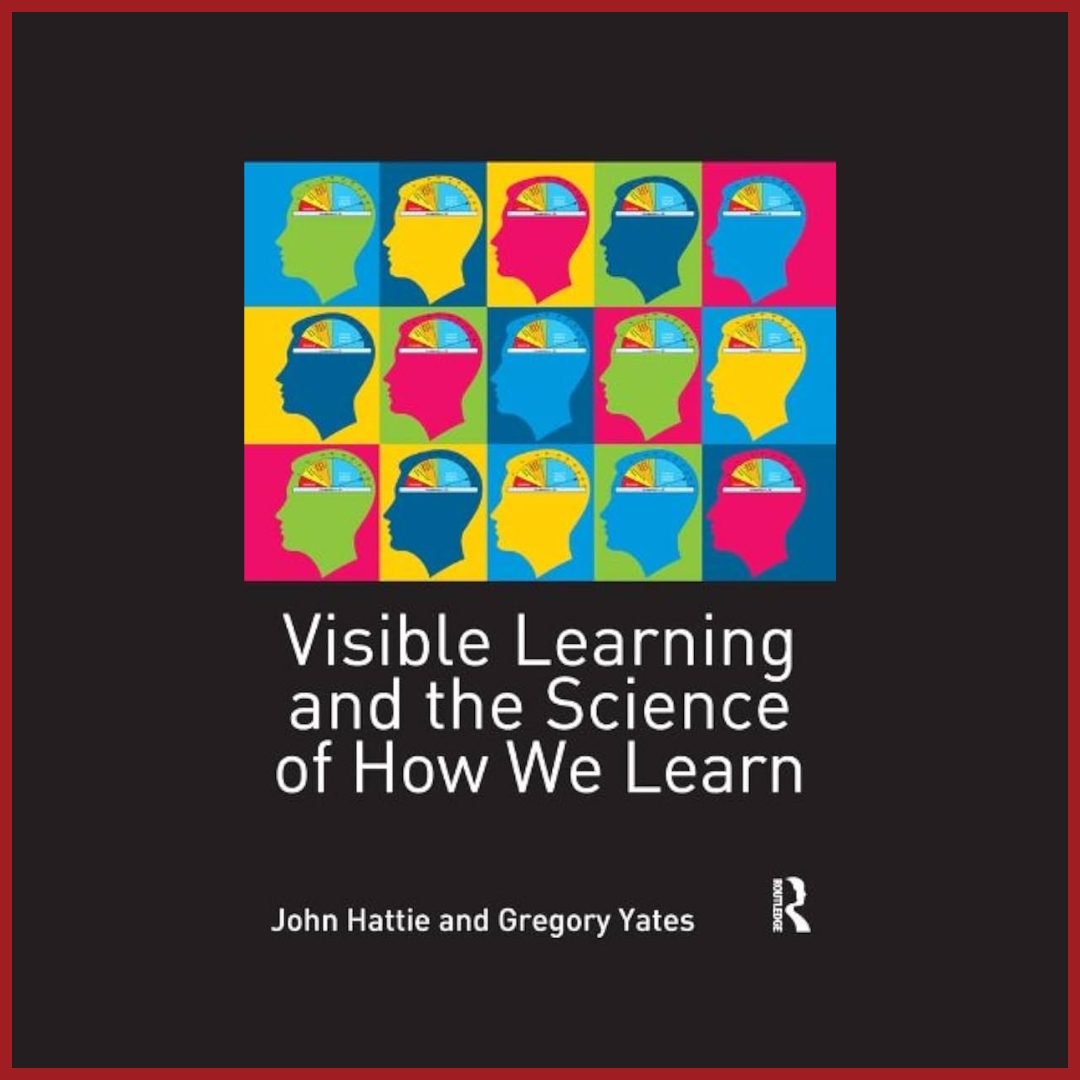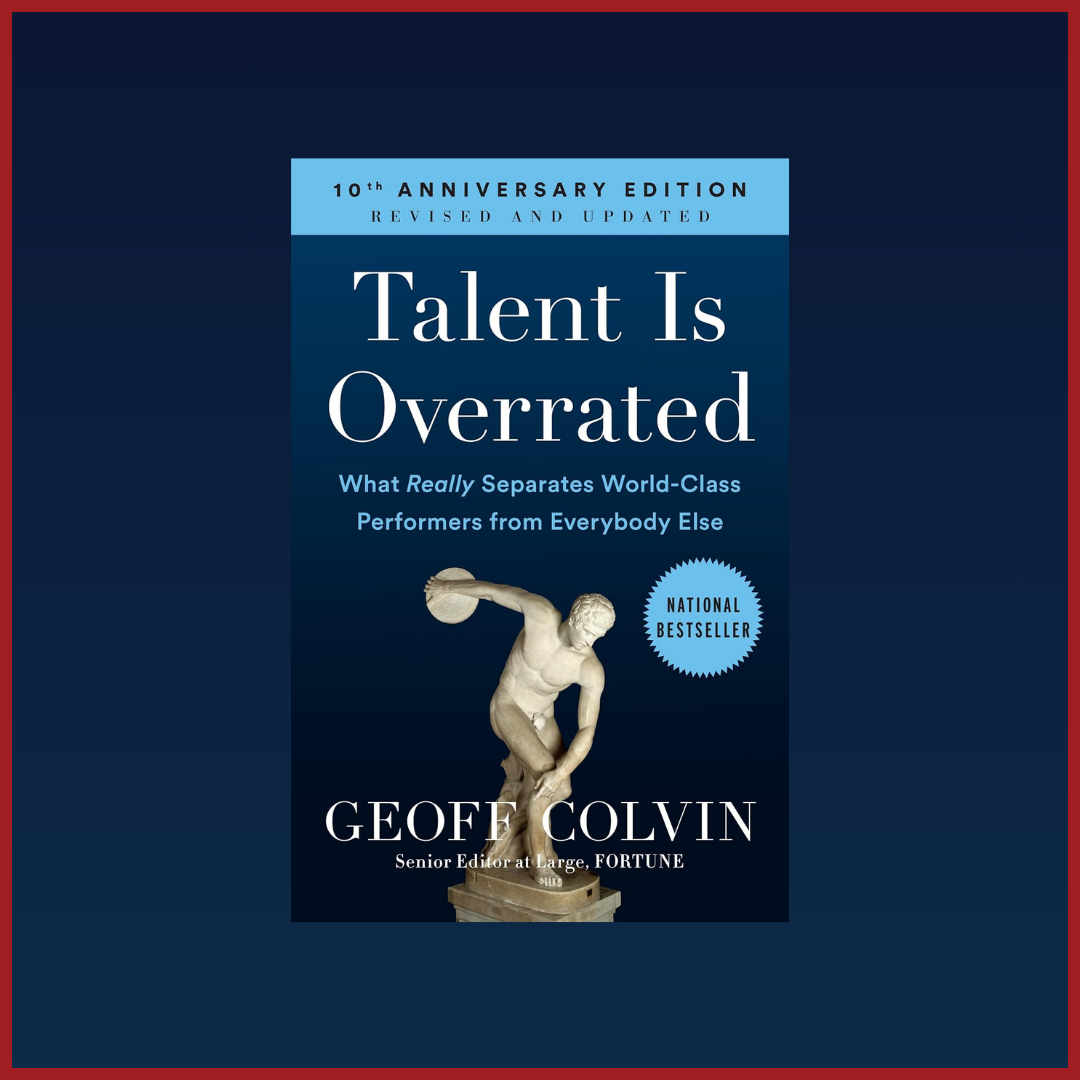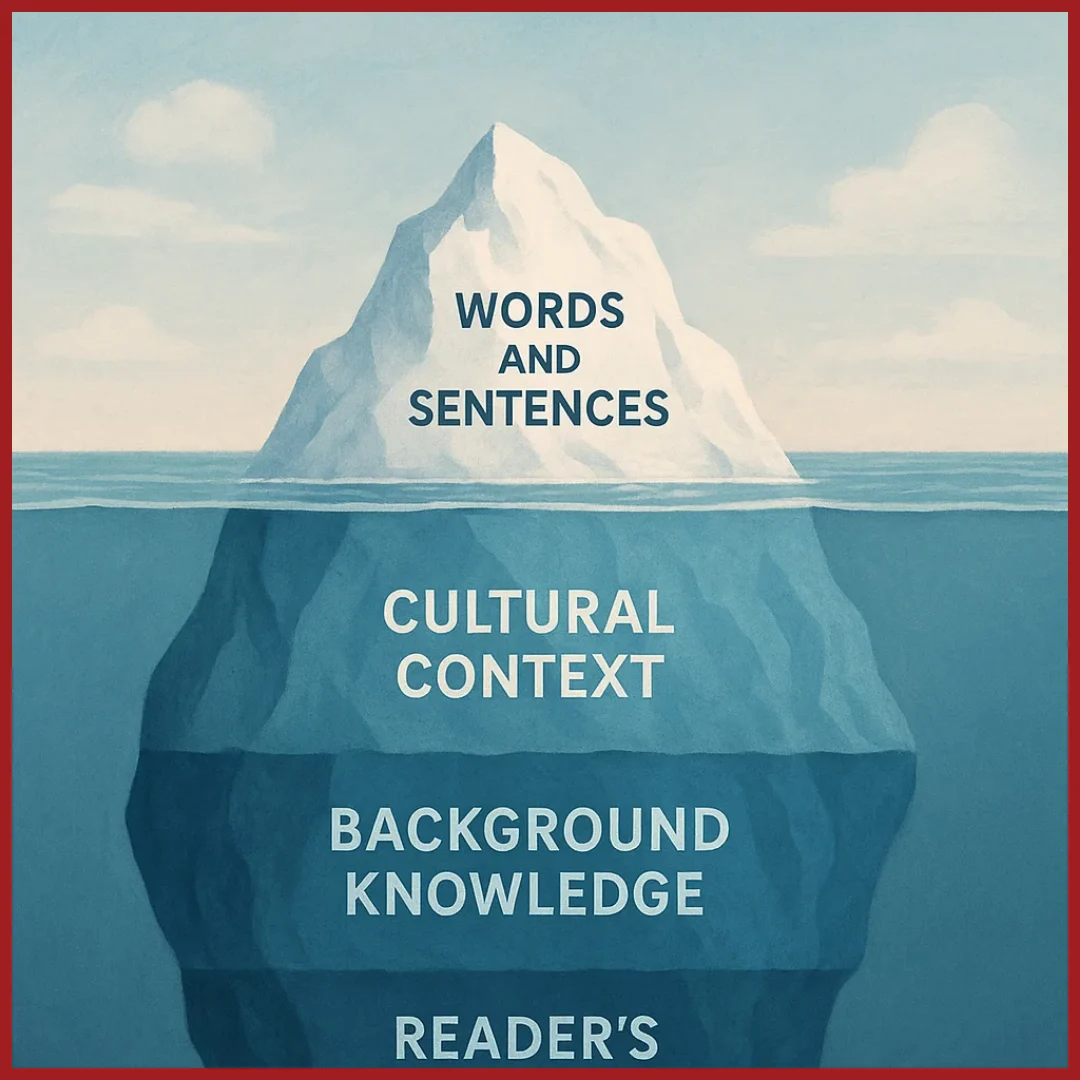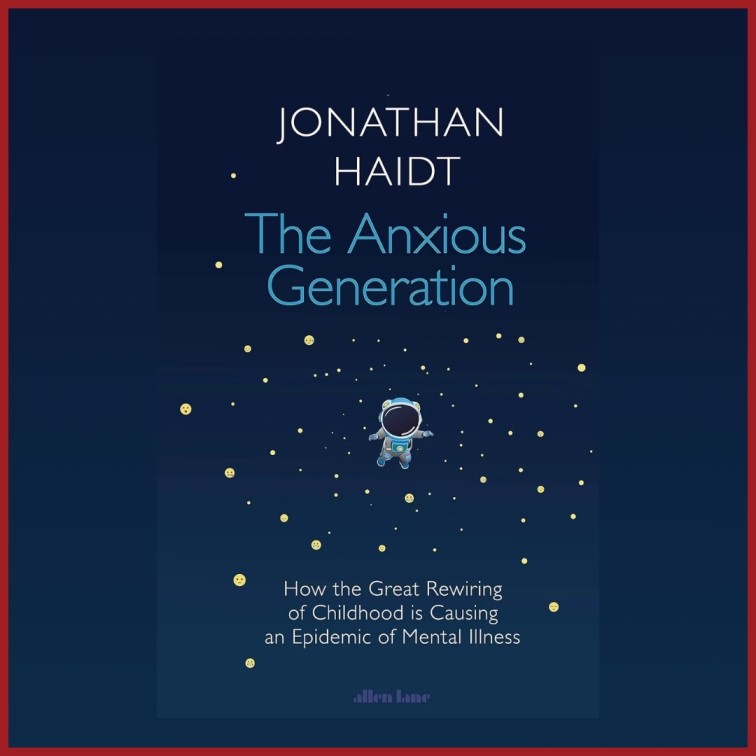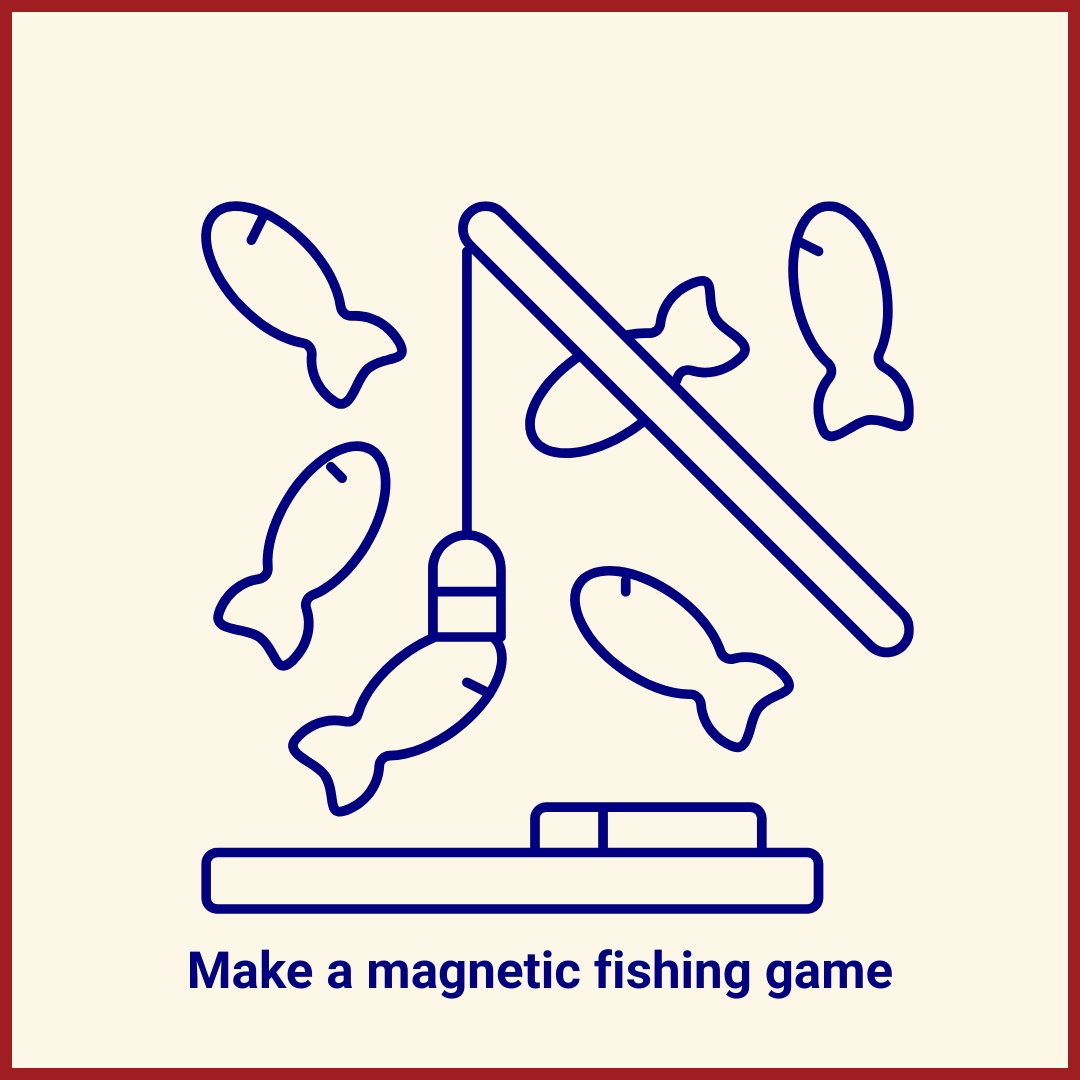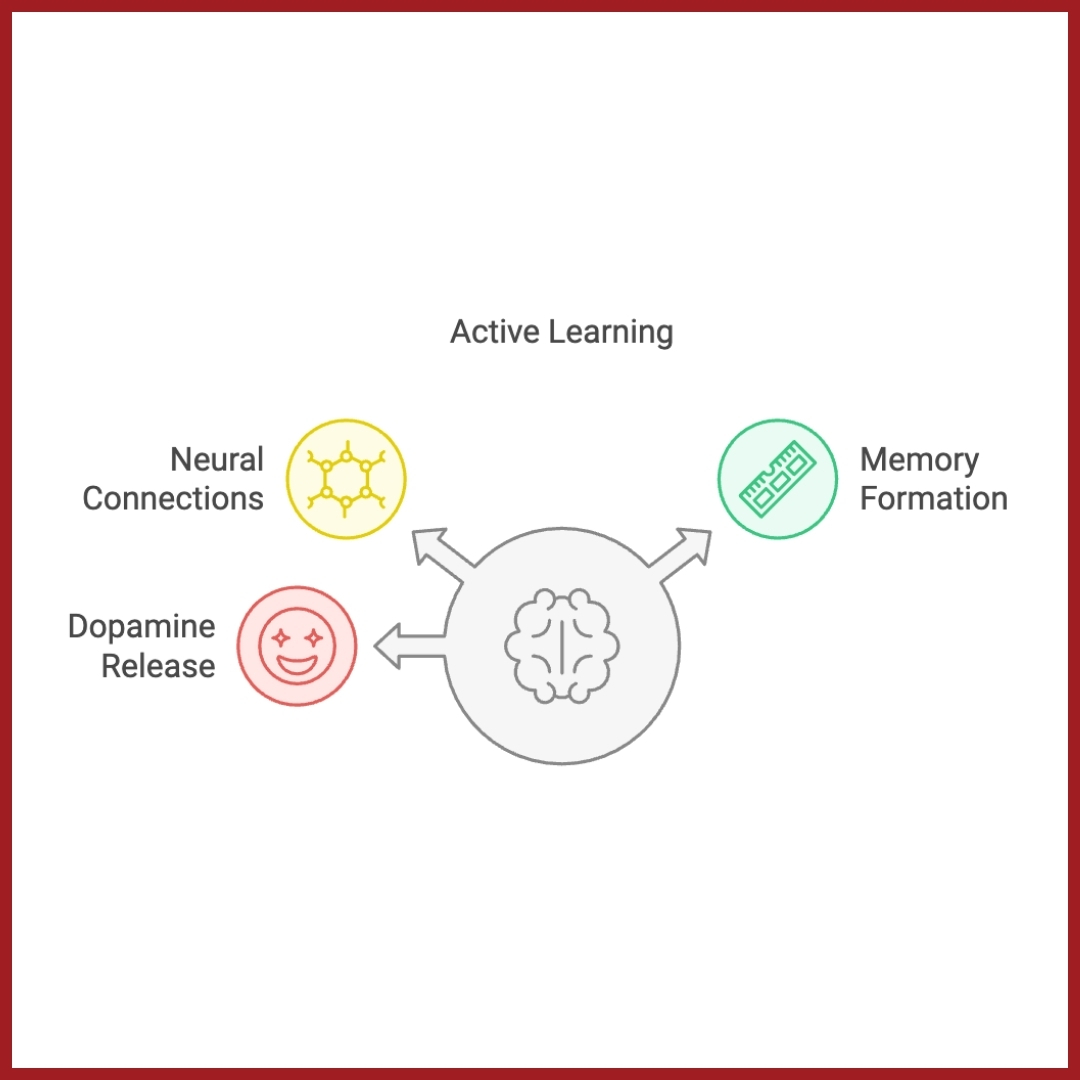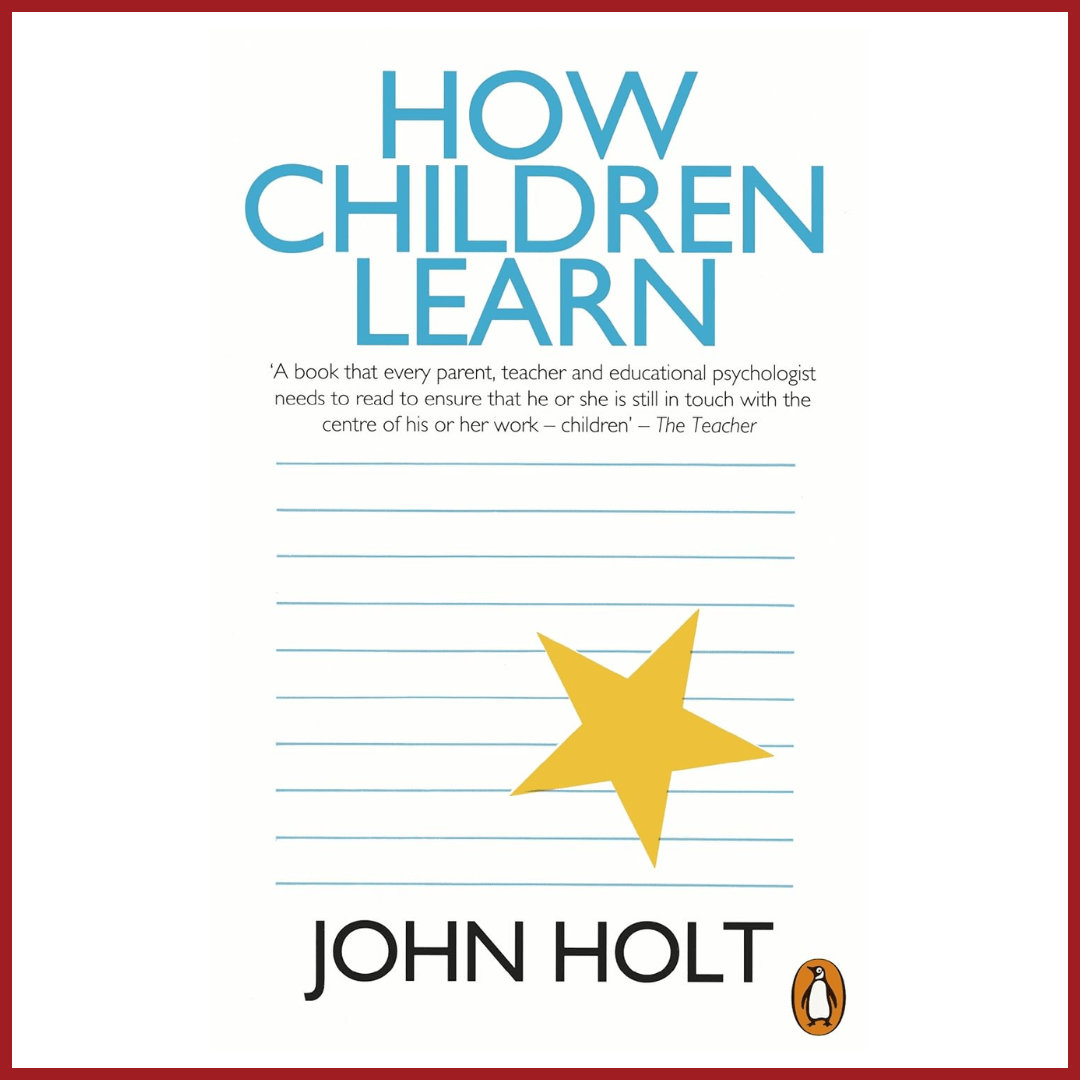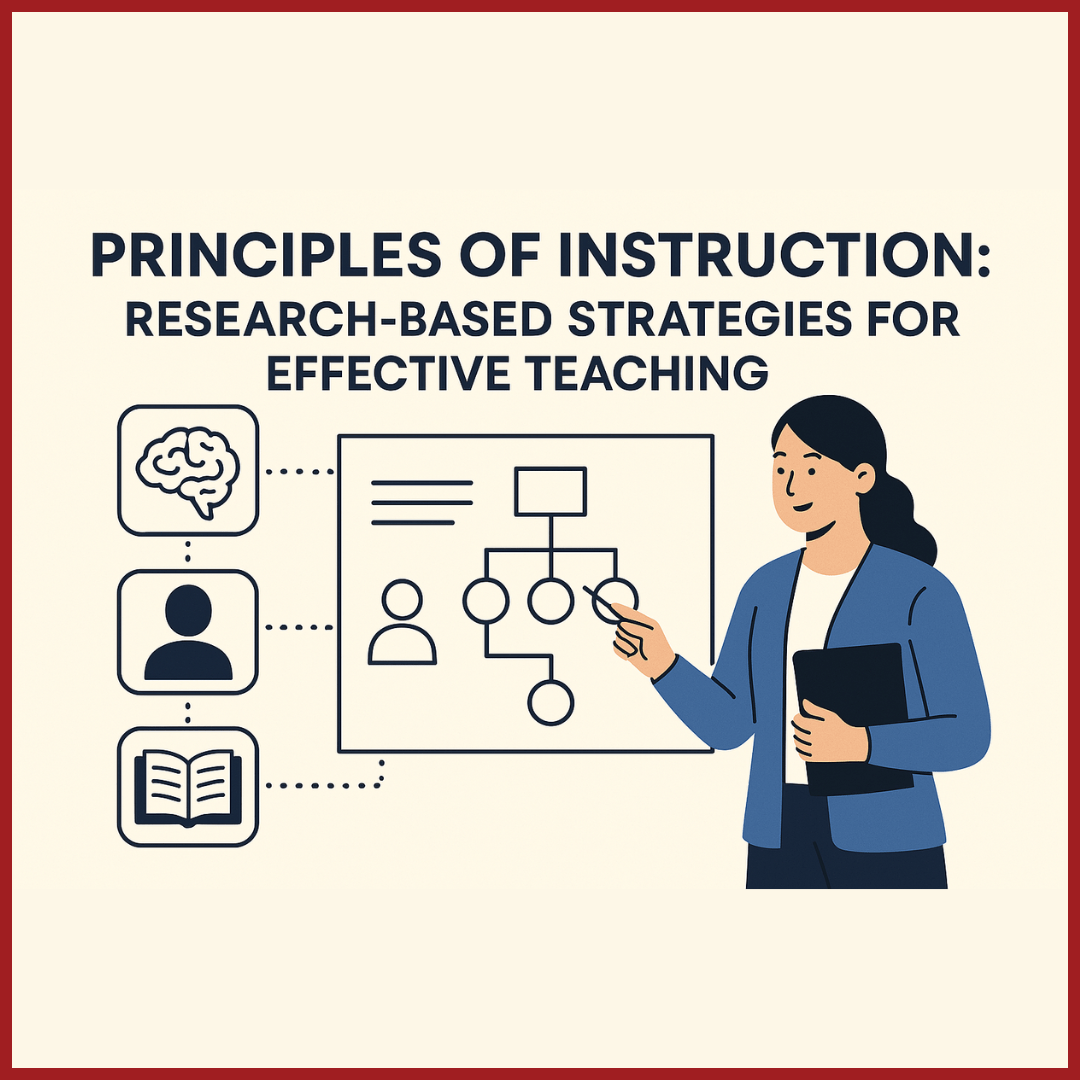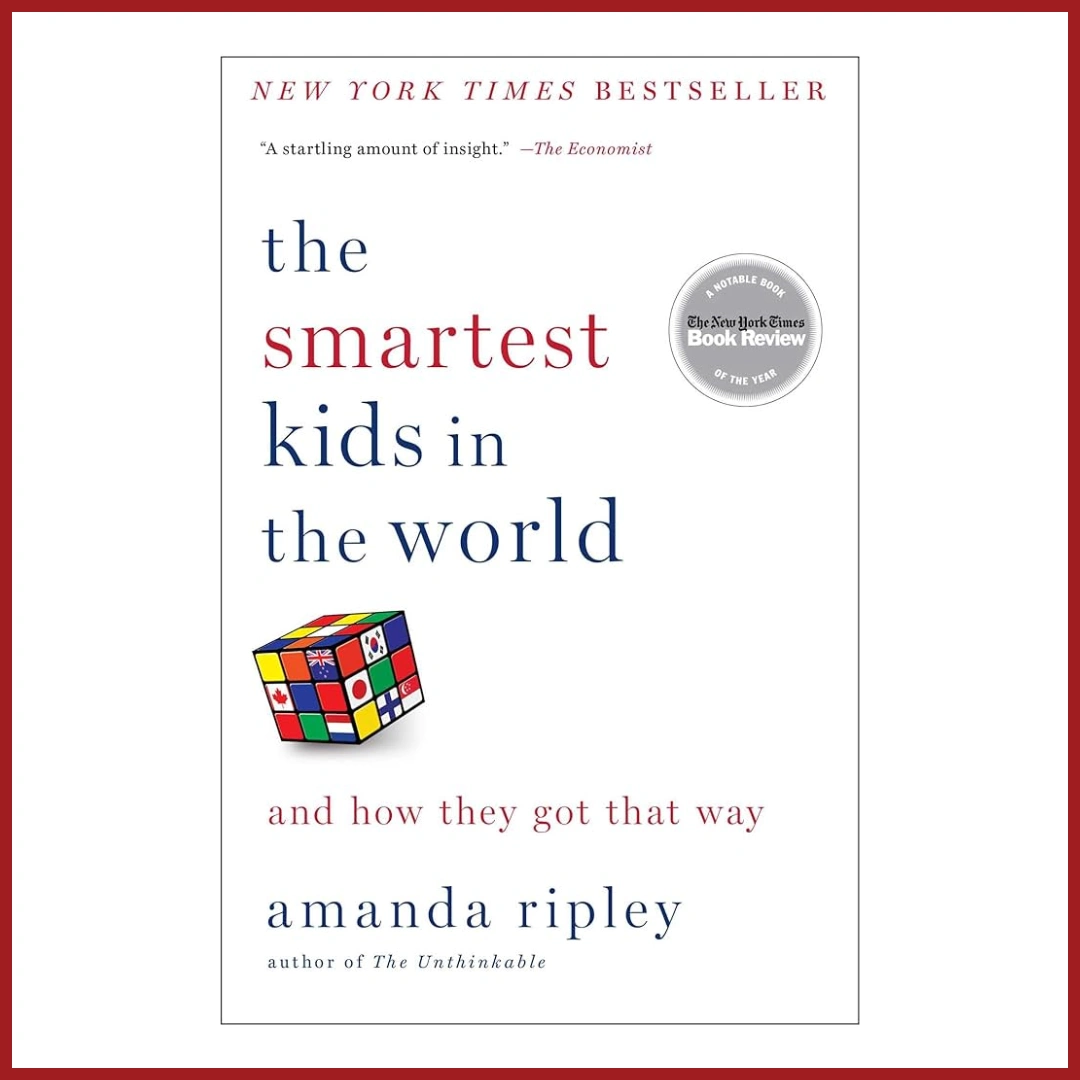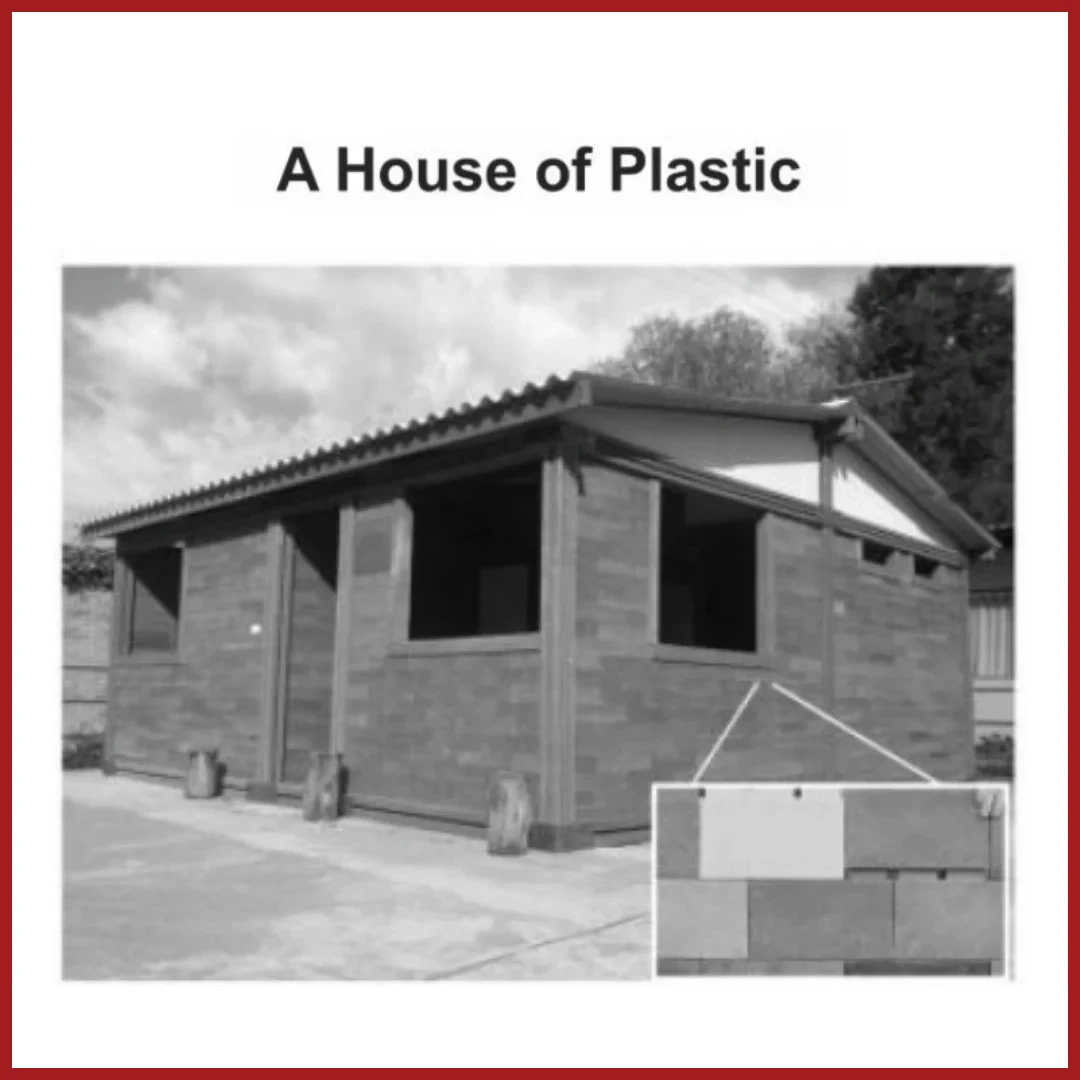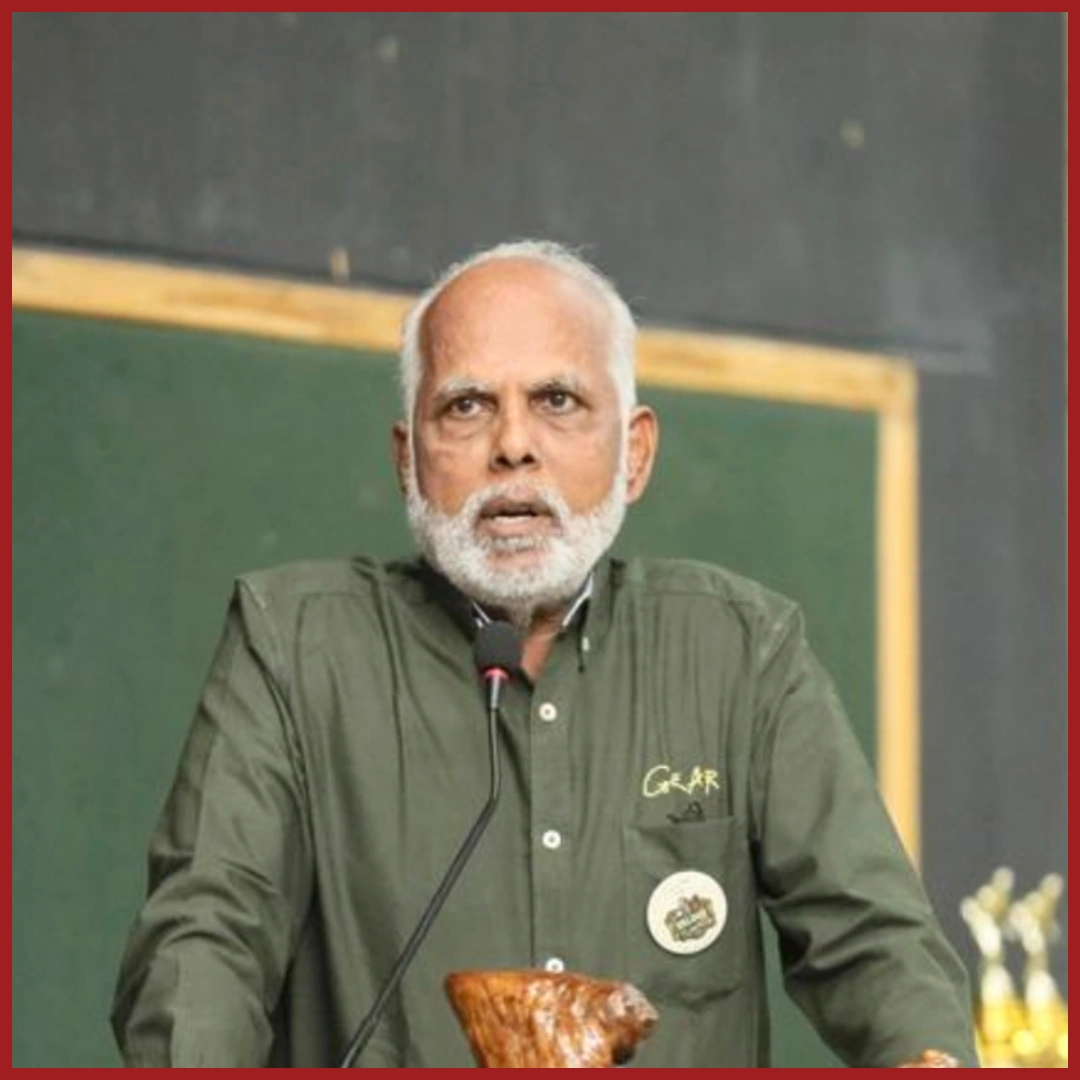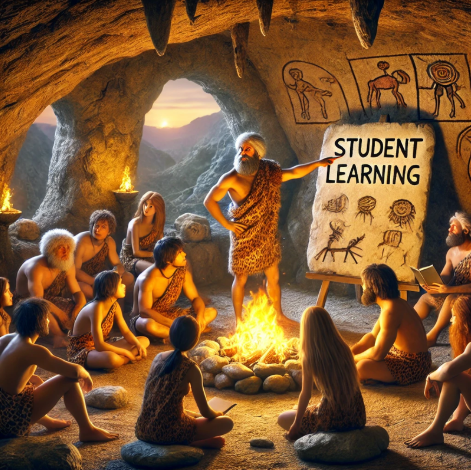Edition 01 | January 2025
Educators Speak: Principal Interview
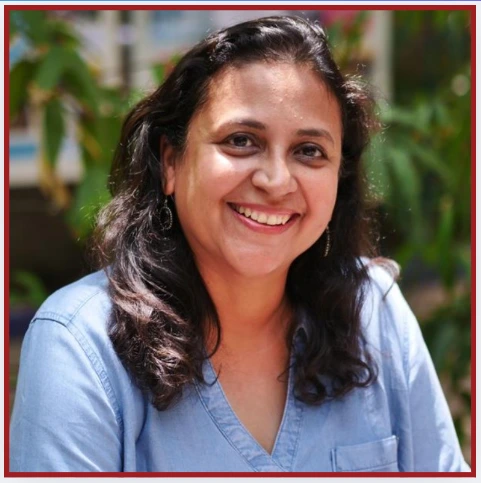
Ms. Deepa Avashia
Head of School propelling innovation and equity in education at the Riverside School in Ahmedabad, one of the top 10 schools in the innovation category for the World’s Best School Prize 2023.
She is a visionary leader who fosters an ‘I CAN’ mindset through design-thinking in education and by empowering students while championing inclusivity. Ms. Avashia is proficient in systems thinking, pedagogical innovation, and nurturing educator growth. She embraces a collaborative approach to cultivating partnerships with diverse stakeholders across schools, edupreneurs, education professionals, and organisations, and is dedicated to shaping comprehensive educational experiences that ignite student agency and catalyse an ‘I CAN’ mindset in every child.
Q1. How did your journey with Ei begin, and what has kept you engaged with Ei for so many years?
Ei and Riverside School began their journeys around the same time, and since Kiran knew Sridhar from their previous professional collaboration, Riverside and Ei worked closely together in the early years. We’ve engaged in various prototyping projects with our students, particularly with Mindspark, and have also contributed valuable feedback for Ei ASSET exams. What has kept us working with Ei over the years is the depth of research that informs their work, whether its for Ei Mindspark or Ei ASSET. Additionally, the granular data analysis they provide—both at the individual and school levels—has been instrumental in helping us focus on targeted, skills-based work back at school.
Q2. How has your school been using Ei ASSET, a skill-based diagnostic and benchmarking assessment?
We have been using Ei ASSET for the past 11 years, and its detailed analysis at the sub-skill level allows our teachers to focus on specific areas for improvement. Ei ASSET’s board-agnostic approach, which emphasises critical thinking over rote learning, has been particularly valuable in helping us track our students’ progress over the years. It also enables us to benchmark our performance against national standards and the top 10 schools, providing insights into how our students are developing both individually and as a group.
Q3. Based on your rich experience, what would be your top three pieces of advice for school leaders?
- Adaptability and Innovation: In a rapidly evolving educational landscape, school leaders must be adaptable and open to innovation. Whether it’s integrating new technologies like AI tools or rethinking traditional pedagogies, flexibility is key. Staying nimble ensures that the school can evolve in response to the changing needs of students and the broader community. It’s crucial to stay attuned to the pulse of learning and the expectations of stakeholders, ensuring that the school remains relevant and effective in its approach.
- Empower Students to Take Ownership of Their Learning: Student agency begins when students feel a sense of ownership over their education. Encourage them to set their own learning goals, track their progress, and reflect on their achievements. Giving students a voice in shaping their learning path—whether through project-based learning, personalised tasks, or choice-based assignments—promotes responsibility and helps them recognise the value of their work. Co-creating processes with students allows them to understand the “why” behind these strategies, making it easier to collaborate on the “how” and “when” of their learning journey.
- Embrace Shared Leadership: Leadership doesn’t have to reside solely with the head of the school or senior management. Create opportunities for teachers and staff to take on leadership roles within their areas of expertise. This can be through leading professional development, spearheading school initiatives, or facilitating team discussions. When leadership is distributed, individuals feel more accountable for the success of the team, encouraging a sense of shared responsibility and collective ownership. To stay nimble in today’s evolving world it is important that the team feels a sense of ownership and has the freedom to make decisions that helps build a culture of trust and accountability in the team. Encourage regular team meetings, cross-departmental projects, and shared planning sessions that allow everyone to contribute their expertise.
Q4. What are some of your recommendations for keeping teachers engaged, relevant, and effective in today’s times?
Teaching can sometimes feel isolating, which is why it’s crucial to foster a culture of collaboration and mentorship. This applies not only to new teachers but also to experienced ones, as it helps keep them curious and excited about both learning and teaching. Rather than relying on a “one-size-fits-all” approach to professional development, it’s important to tailor it to the specific needs of the teachers. As the demands on teachers grow, burnout becomes a real concern. Regular check-ins regarding their well-being are essential to ensure they stay motivated and committed to the profession, which always needs dedicated and passionate educators.
Additionally, encourage teachers to take ownership of their professional growth and bring their true selves into the classroom. When teachers share their own interests and passions, students see them not only as educators but as interesting and competent individuals. This connection helps build a more dynamic and engaging learning environment for both teachers and students.
Q5. The Riverside School is known for its robust curriculum, among other things. How have you kept it relevant and engaging for students year after year?
At Riverside, we place a strong emphasis on ensuring our curriculum evolves to meet the changing needs of our students, societal shifts, and advancements in educational research. We continuously refine our approach through regular feedback from students, parents, and teachers, while staying attuned to global educational trends. One of the key elements that keeps our curriculum relevant and engaging is our unique design-thinking approach to education, which enables us to iterate and adapt based on the specific needs of our students and the world around them.
- Incorporating Student-Centered Learning and Student Agency: Our curriculum places the interests and passions of our students at the forefront, allowing them to actively engage with the material. Whether through personalised learning paths, project-based assignments, inquiry-driven exploration, or client-based projects, we ensure that students have a voice in shaping their learning journey. This sense of agency makes learning more meaningful and helps students connect the content to their own experiences and aspirations.
- Integration of Technology and Real-World Applications: We consistently integrate technology into our curriculum to ensure students develop the digital literacy and problem-solving skills they need to thrive in an ever-changing world. From using AI tools for personalised learning to incorporating real-world problem-solving scenarios, our curriculum is designed to be forward-thinking and practical, preparing students for the complexities of the future.
- Focus on Building Character and Compassion: At Riverside, we believe that education is not just about academic success but also about developing compassionate and responsible citizens. Our curriculum places a strong emphasis on building character through activities that foster empathy, collaboration, and ethical thinking. By engaging students in community service, leadership opportunities, and discussions around values, we ensure that they graduate not only with knowledge but also with the emotional intelligence and compassion needed to navigate the world.
By keeping our curriculum dynamic, student-focused, and forward-thinking, we ensure that our students are not only prepared for the academic challenges ahead but are also equipped with the skills and mindset to thrive in an ever-evolving world.
Enjoyed the read? Spread the word
Interested in being featured in our newsletter?
Feature Articles
Join Our Newsletter
Your monthly dose of education insights and innovations delivered to your inbox!
powered by Advanced iFrame

